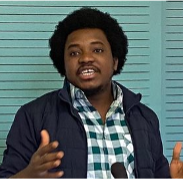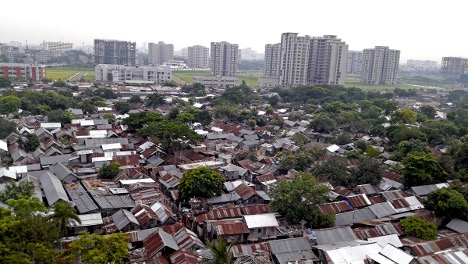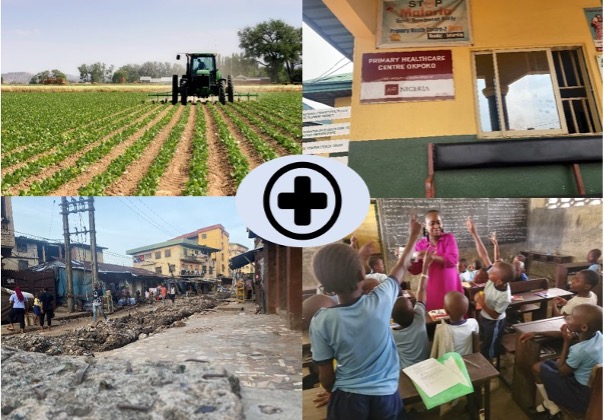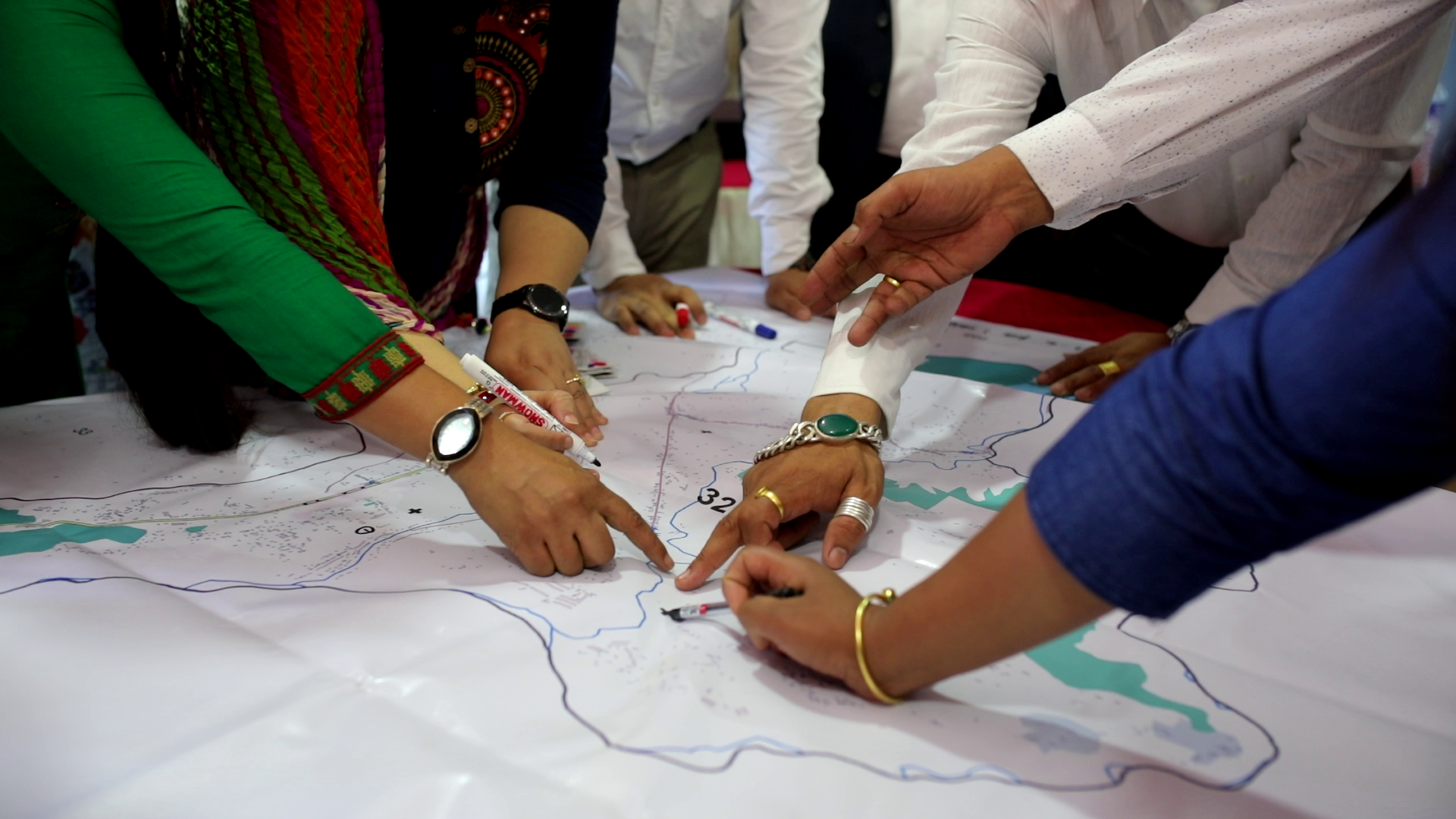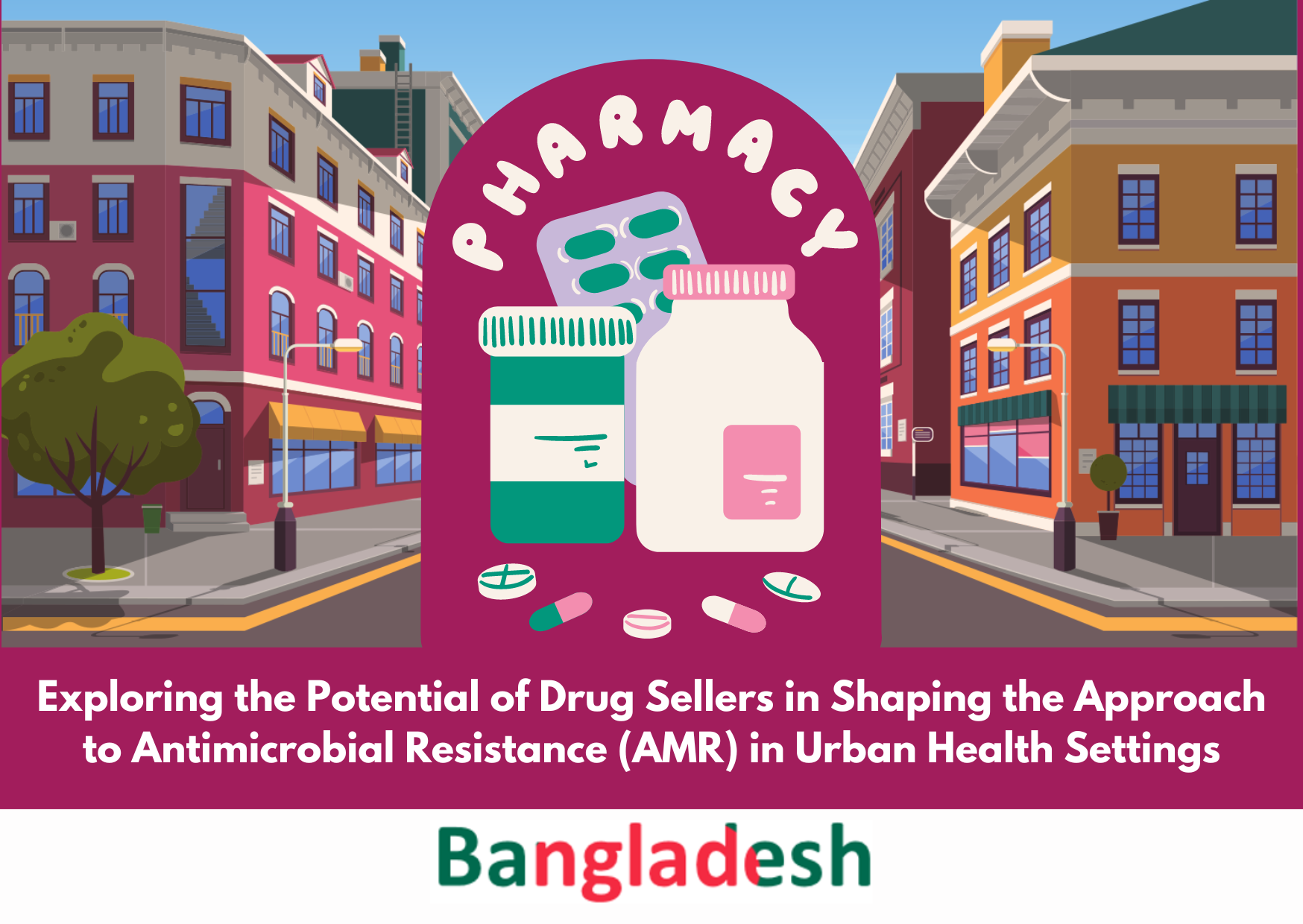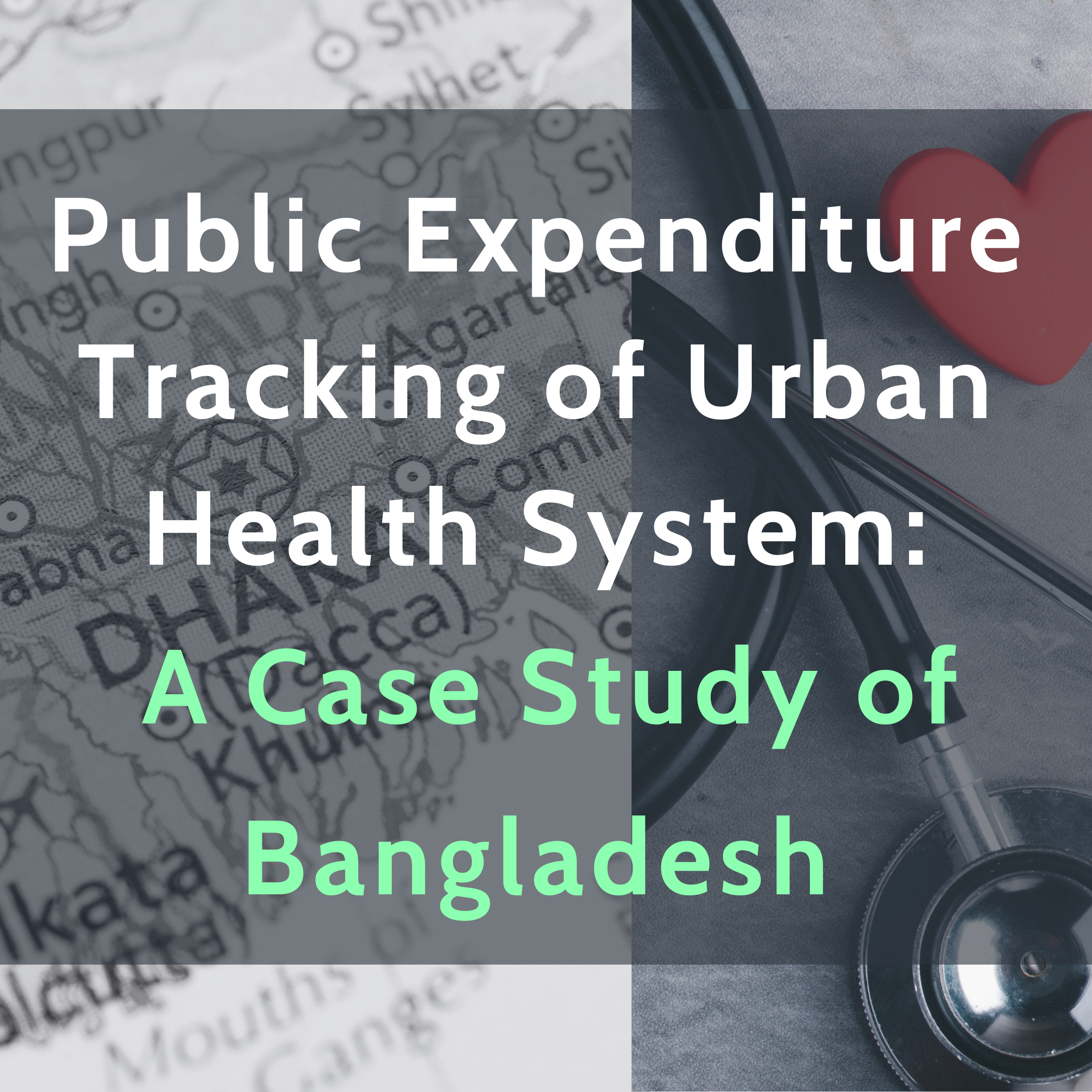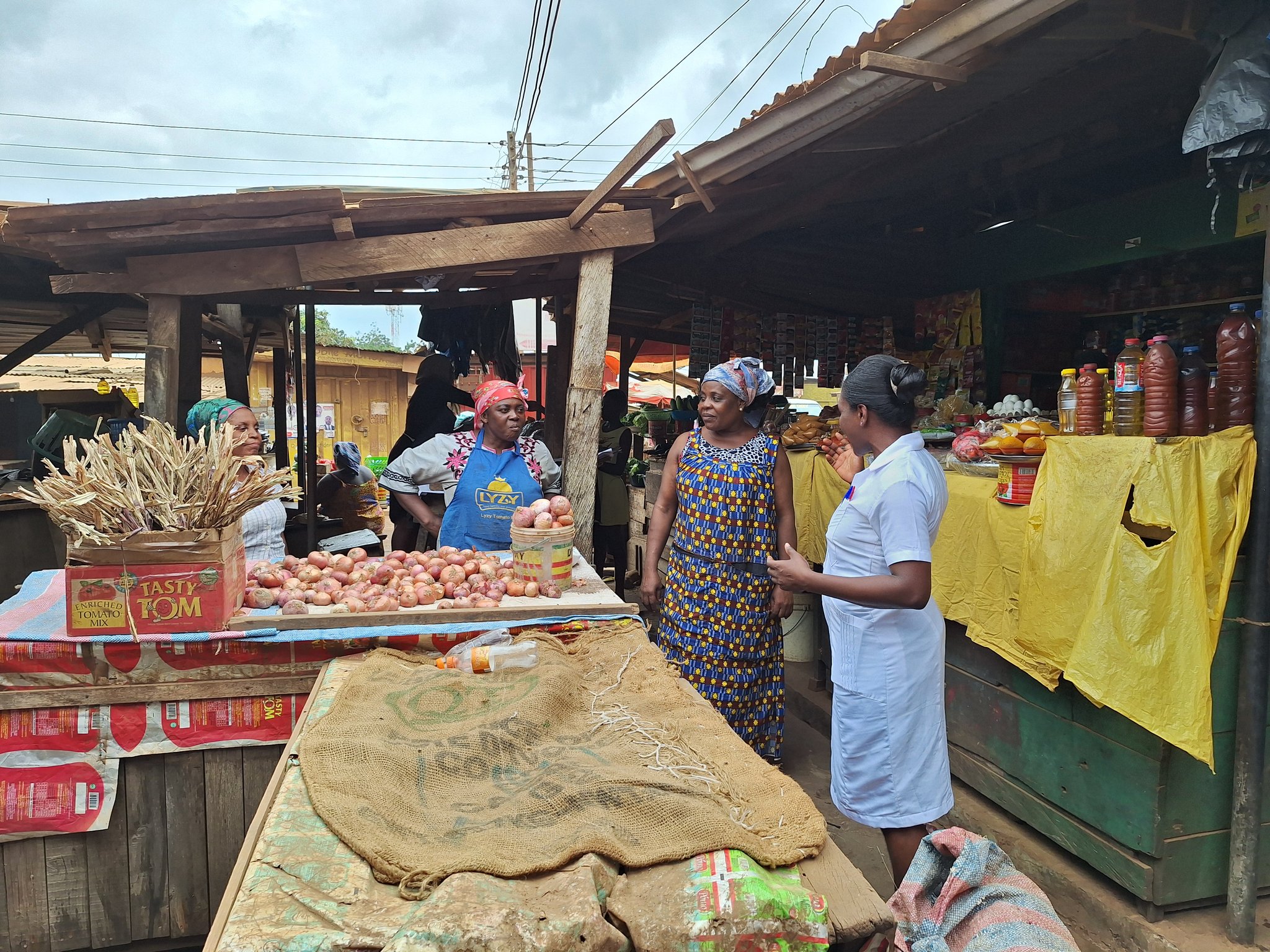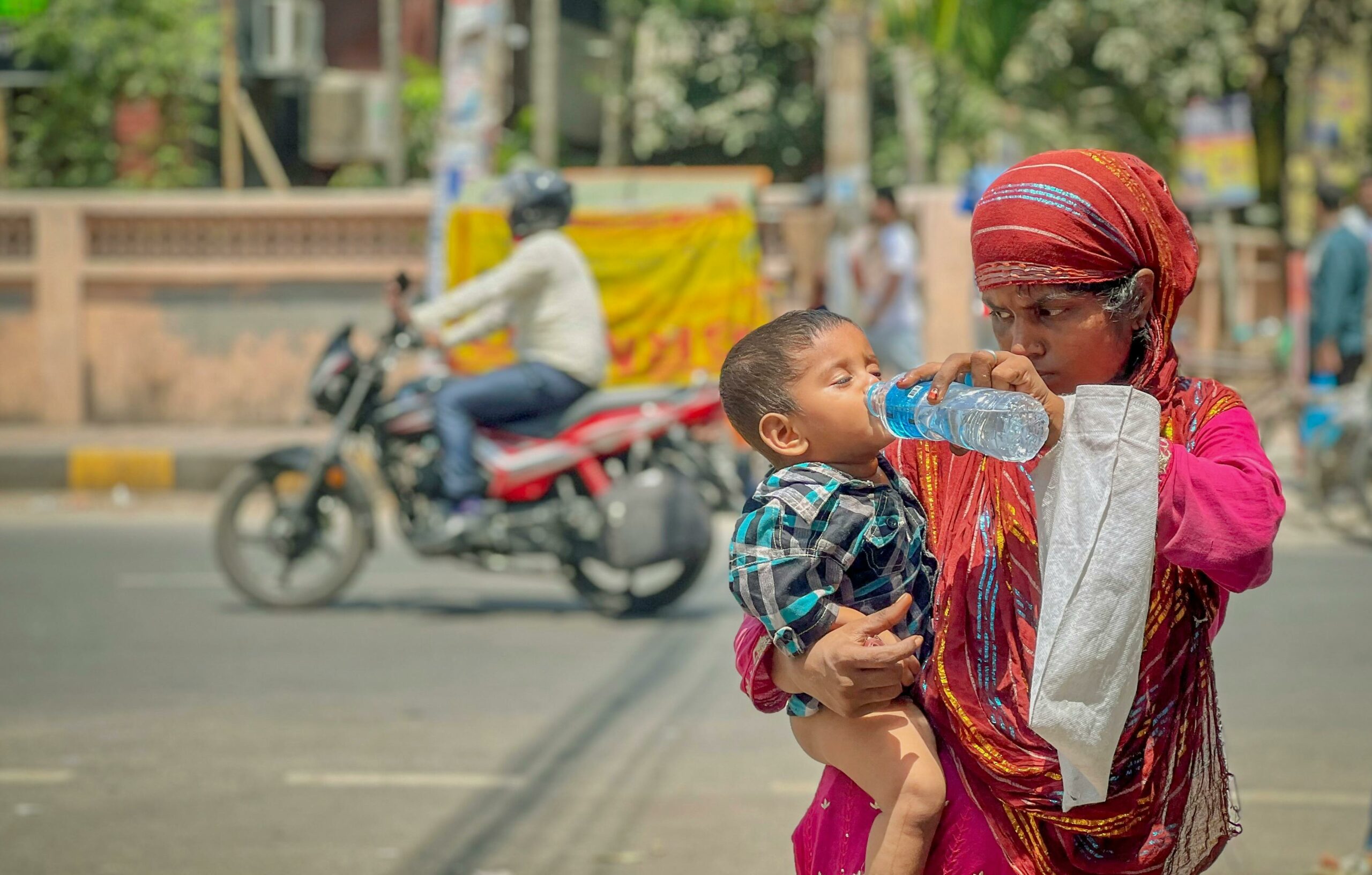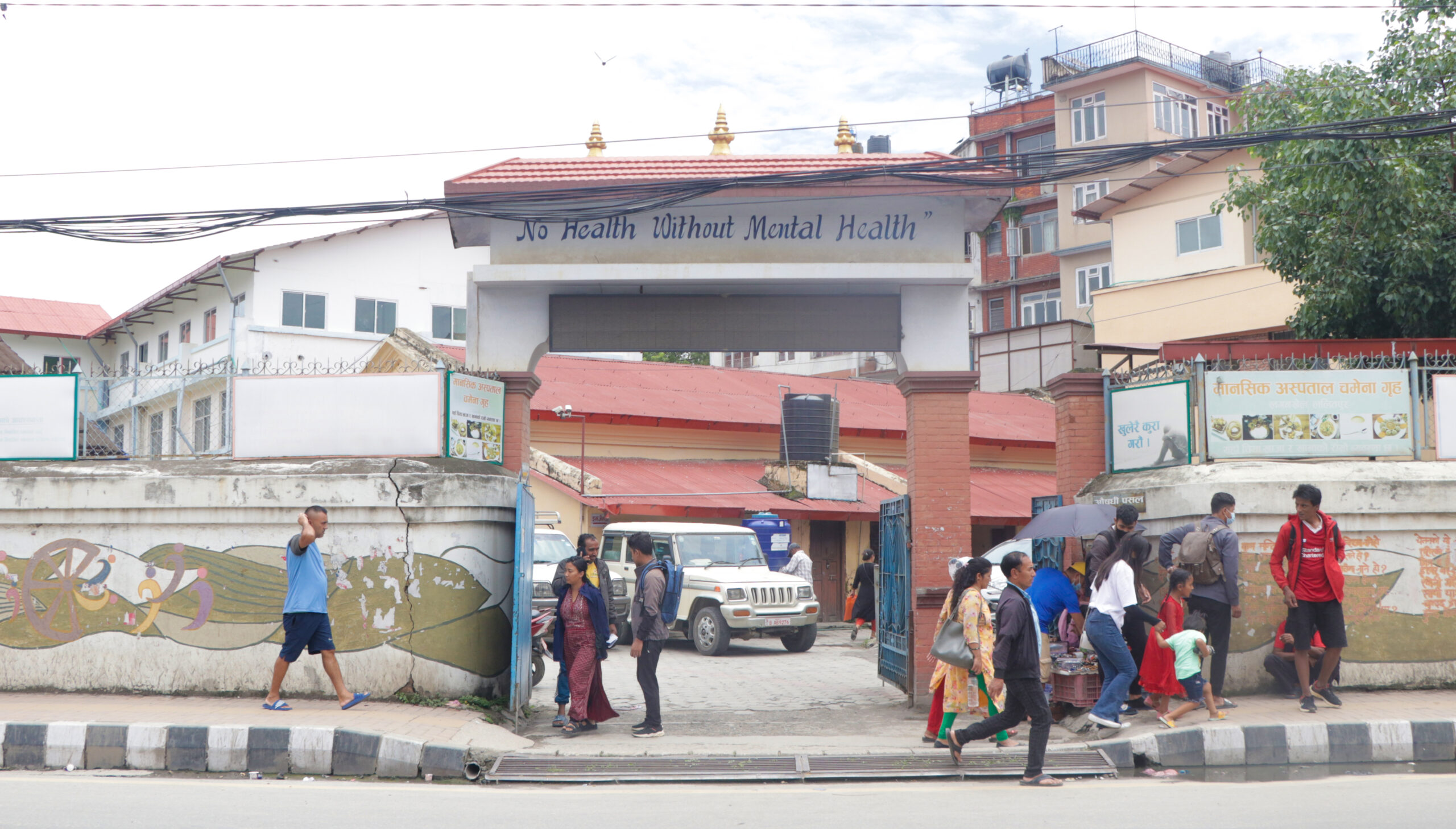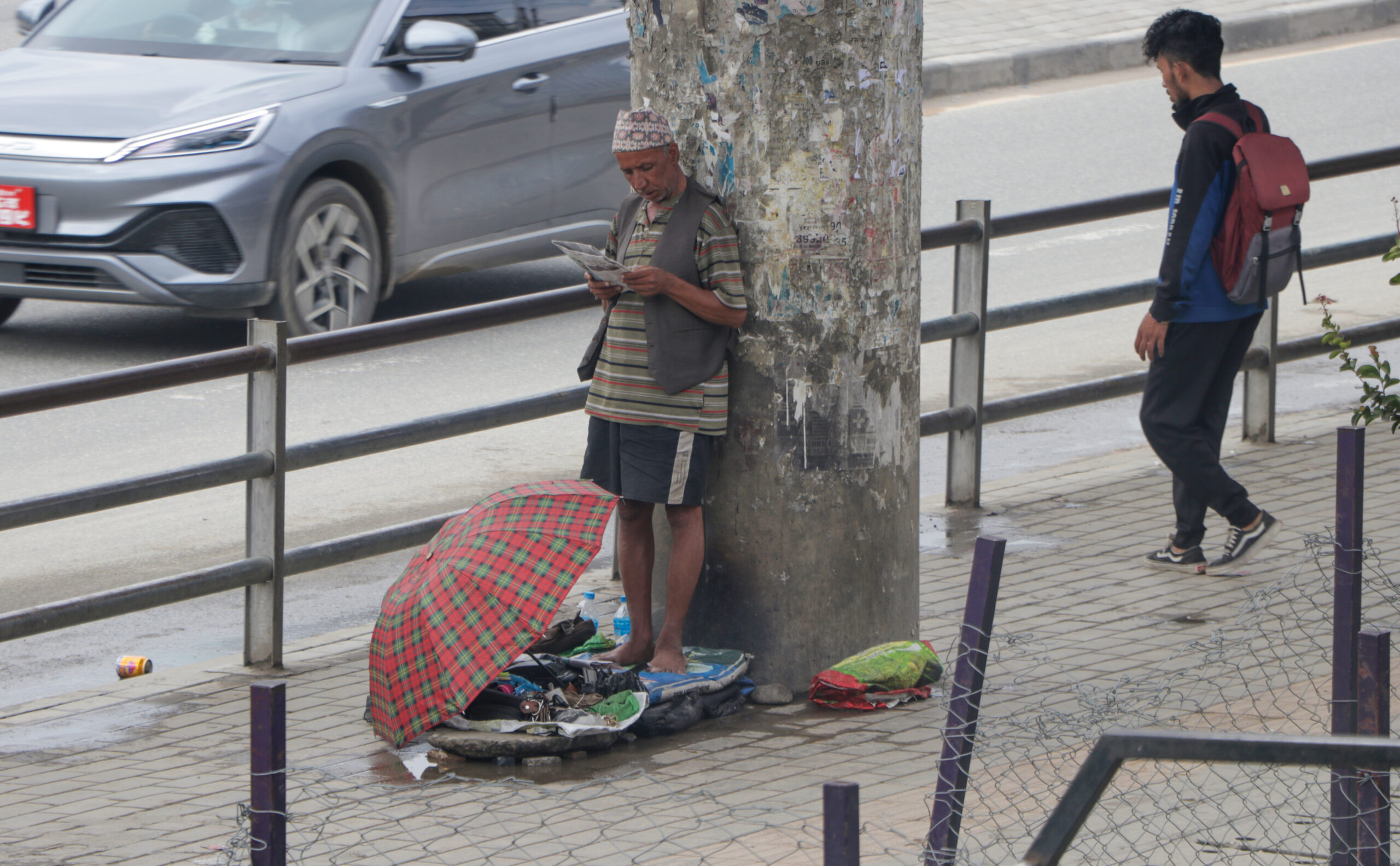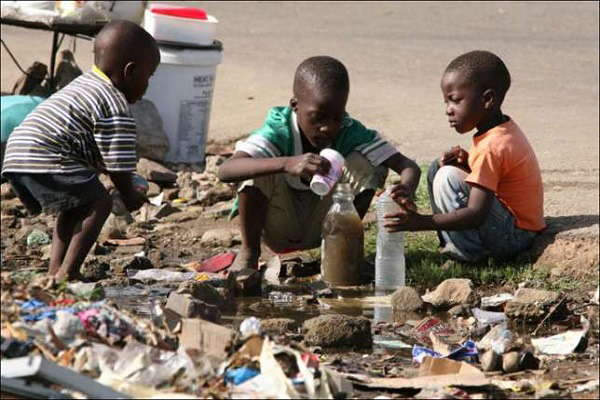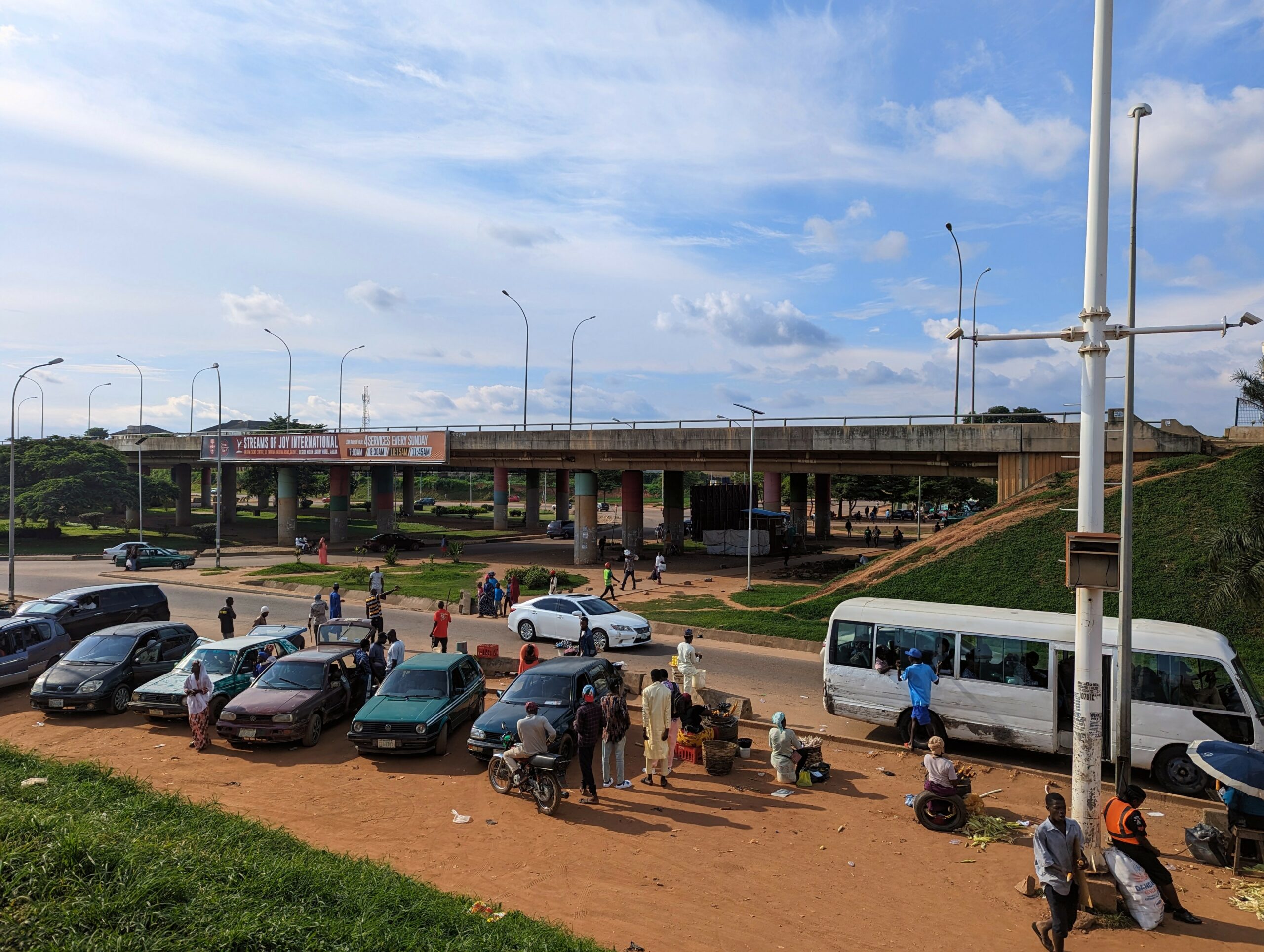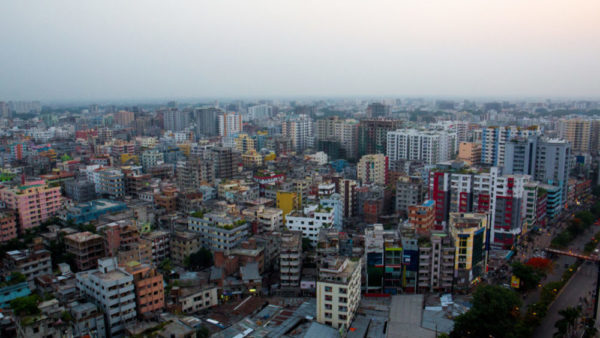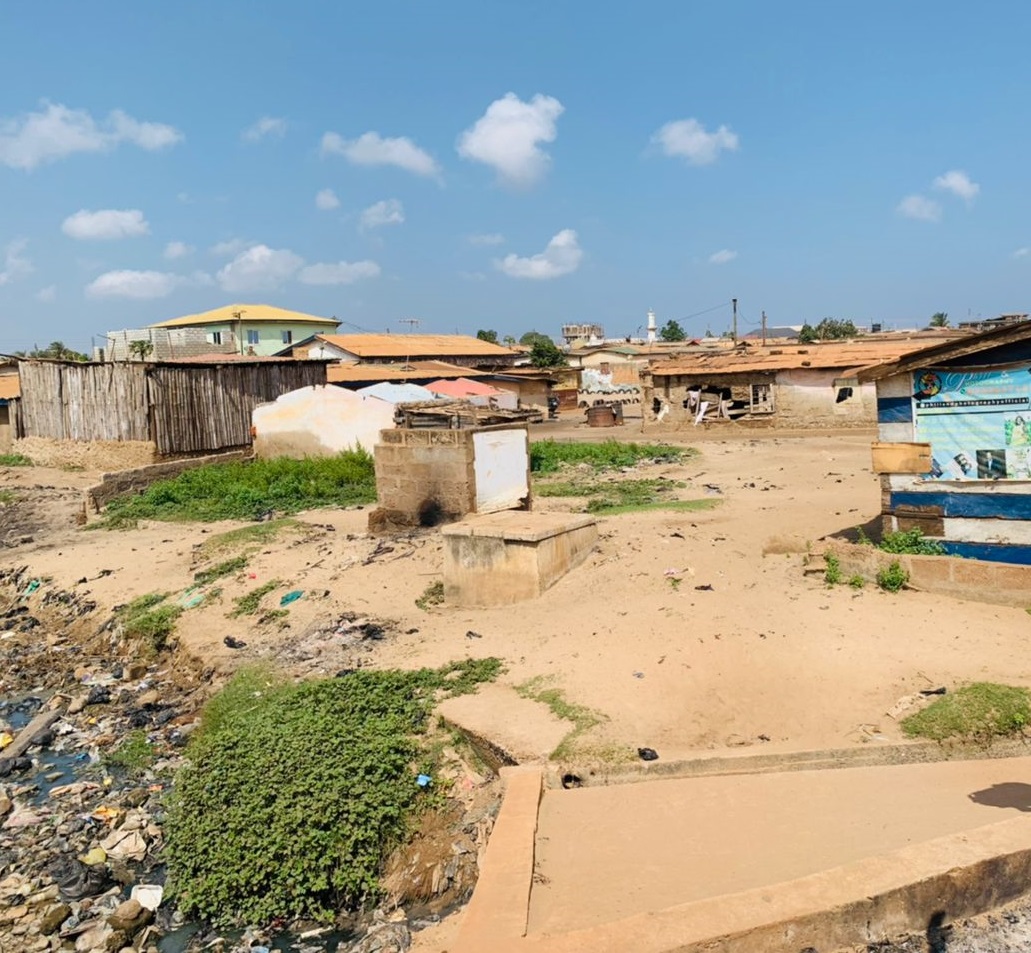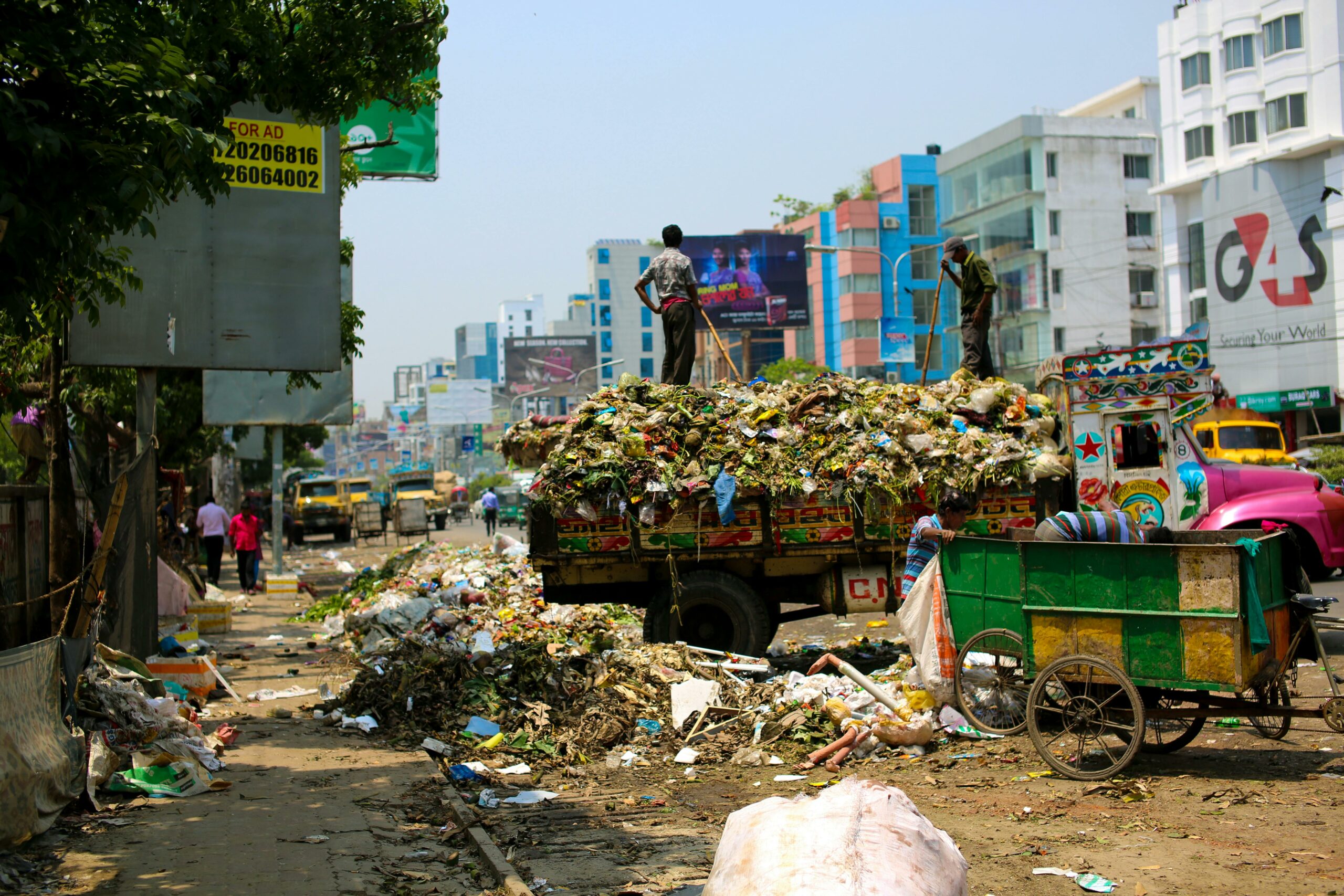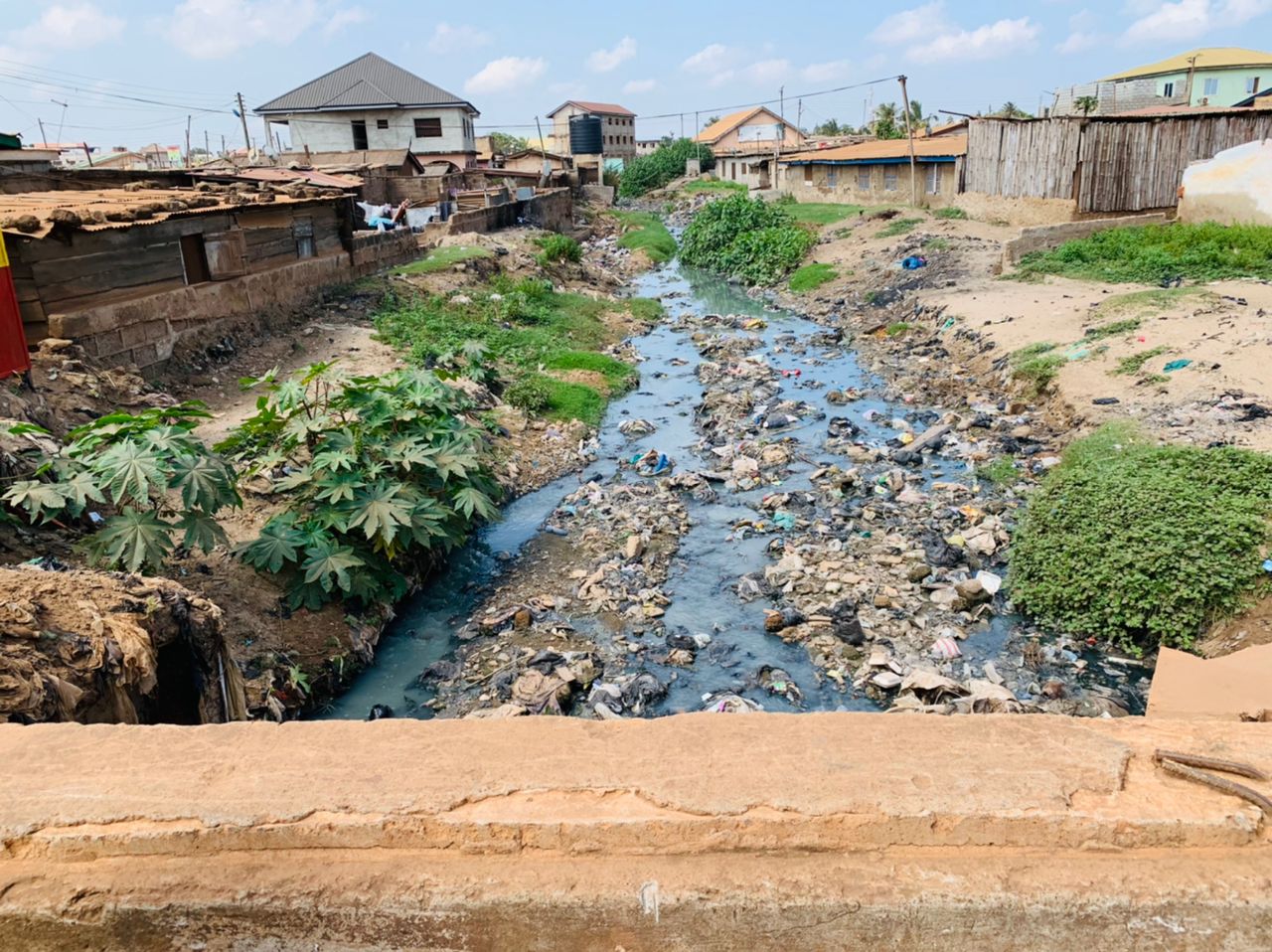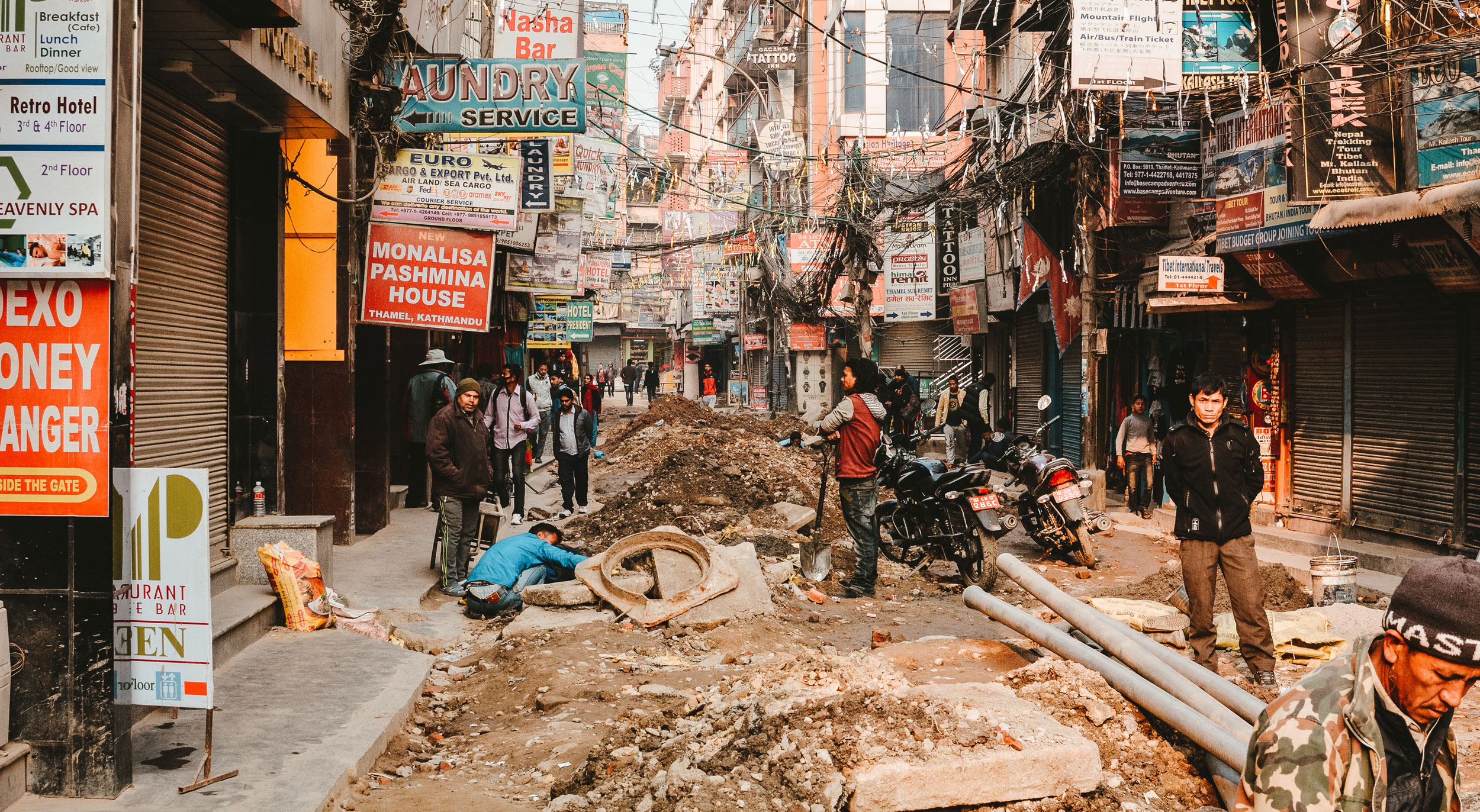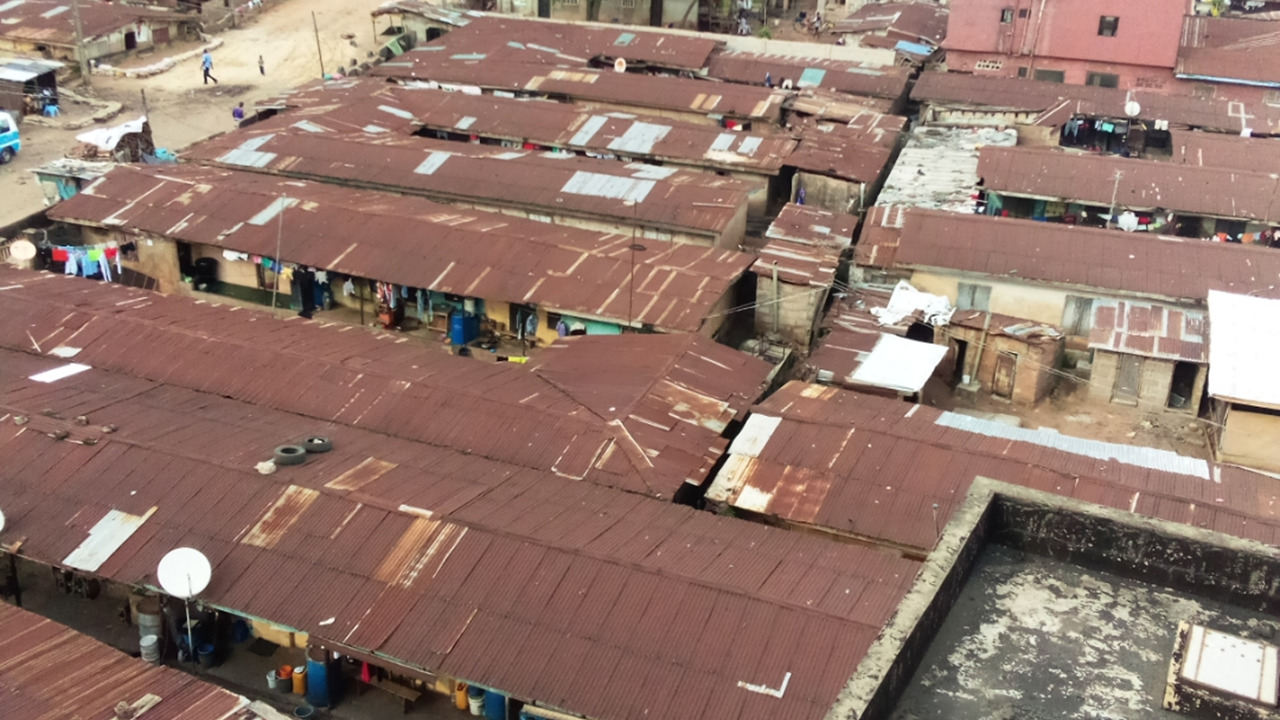
NIGERIA
Protect Urban School Children’s Health [PUSH]

NIGERIA
Protect Urban School Children’s Health [PUSH]
Social Determinants of health seeking school children in urban areas and implications for the Child Rights Act in Nigeria
As the voices of children in healthcare are subjected to those of their caregivers and those with powers over them, the voices of children in health-related research in Nigeria have been missing. Several evaluative studies on the voices of Nigerian children in decisions that affect them reveal that children’s voices are constrained and poorly represented, and this has been attributed to the lack of enforcement of the Child Rights Act [CRA]. A recent Nigerian study argued that children are underrepresented and marginalized both in health service delivery and health-related studies, despite provisions in the CRA.
This study seeks to understand the social determinants that affect the health seeking behaviours of school children, as well as understand their health seeking/healthcare realities in the context of the law (CRA). The study examines the meaning of healthcare for children, how healthcare is sought by them, and the factors that influence preferred healthcare services for children, whether formal or informal. It also seeks to achieve this understanding through the voices of the children, with triangulated responses from school actors, caregivers, and policymakers. It looks to identify areas of the Child Rights Act in Nigeria that are undermined, as per the health services children are exposed to and the voices of children in health seeking choices. In the end, the study hopes to protect and promote risk-free health-seeking options for children and to strengthen the content and enforcement of the Child Rights Act to further advance safe health for children of all categories living in Port-Harcourt (one of the top-five largest cities in Nigeria).
To conduct this study, three main objectives will be to:
(a) identify influence of key sociodemographic factors on the health seeking of children
(b) explore the significance of school actors and educational curriculum contents in influencing health seeking of children, and
(c) identify gaps in the contents and implementation of the CRA that when addressed, will scale up protection of the health children.
To achieve these objectives, the study will rely exclusively on qualitative methodologies, using interviews, group discussions, observations, and application of pictures to interact with younger school children.
Lead Researcher: Dr Prince Agwu (University of Nigeria)
Co-researcher: Prof. Chinyere Mbachu, Dr. Charles Orjiakor
Mentors: Prof. Uzoma Okoye (University of Nigeria), Associate Prof. Eleanor Hutchinson (London School of Hygiene and Tropical Medicine)


